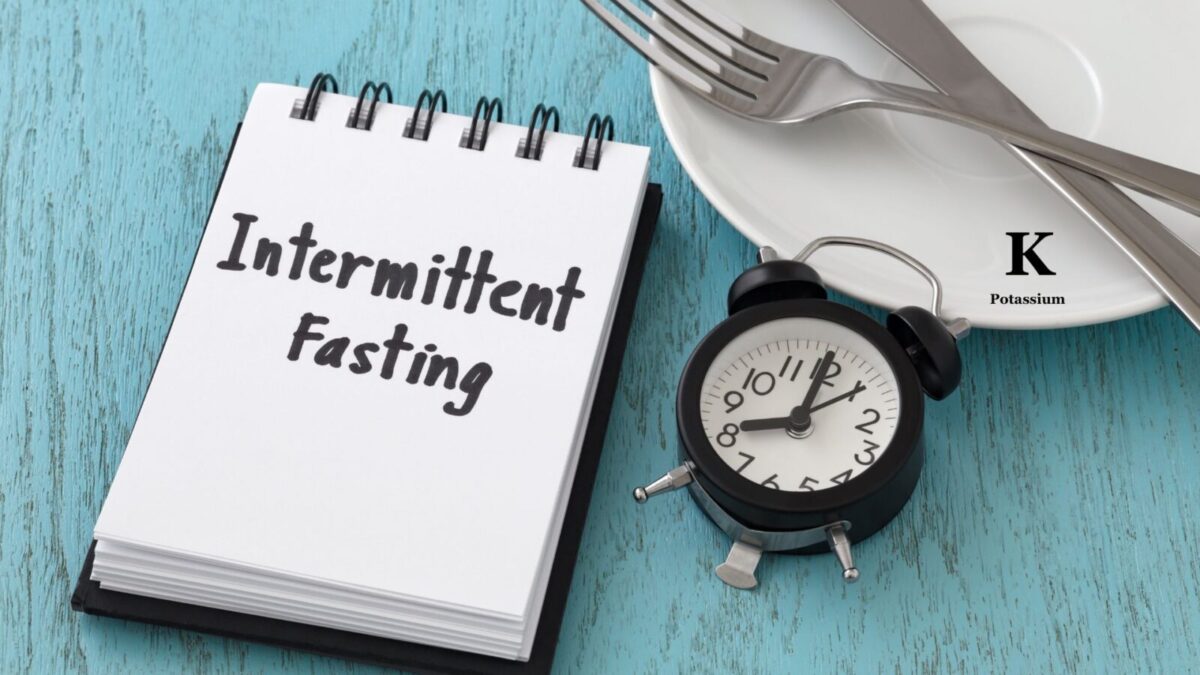Don’t Break Your Body with Your Fast: Avoid These Pitfalls for Safe Fasting
Fasting is getting popular because it can be good for your health, helping with things like losing weight, boosting your metabolism, and making your mind clearer.
But if you start fasting without knowing enough or being careful, you might face problems that can hurt your health. In this article, we’ll discuss 14 fasting mistakes you should avoid for a safe and effective fasting experience.
Skipping Hydration
 Pin
PinWhen you’re fasting, not eating means you might not be getting enough fluids from your food, which can lead to dehydration. It’s really important to make sure you drink plenty of water during your fasting time to stay properly hydrated.
Dehydration can cause more than just feeling thirsty. It can lead to fatigue, headaches, and other health problems. So, keeping yourself well-hydrated is a key part of making sure your fasting experience is healthy and successful.
Ignoring Nutrient Intake
 Pin
PinWhen you’re fasting, it’s important to remember that your body still needs essential nutrients. When you start eating again, make sure to have a balanced diet that includes different vitamins and minerals.
If you don’t get enough of these nutrients, it can lead to problems, and that’s not good for your overall health. So, when you break your fast, eat a variety of healthy foods to keep your body in good shape.
Overeating During Feeding Windows
 Pin
PinAnother common mistake is eating too much when you’re not fasting. This can cancel out the good things fasting does and might make you gain weight. It’s important to pay attention to what and how much you eat during non-fasting times.
Listen to your body and try not to eat more than you need. By doing this, you can still get the benefits of fasting and keep on track with your health goals.
Choosing Unhealthy Foods
 Pin
PinEating processed, sugary, or fatty foods when you’re not fasting can mess up the good things fasting does for you. These kinds of foods might not be great for your health during non-fasting times.
It’s better to go for whole foods like low-carb fruits, veggies, and lean meats instead. These foods have lots of good stuff your body needs and can help you stay healthy while you’re not fasting.
Inadequate Preparation
 Pin
PinIt can be tough if you decide to do a long fast without preparing your body first. It’s like expecting your body to run a marathon without warming up. To make fasting easier and prevent problems, start with short periods of fasting.
This helps your body get used to not eating for a bit. Then, as you get more comfortable, you can slowly make your fasting times longer. This gradual approach makes it easier for your body to adjust and makes fasting a more doable and effective experience.
Neglecting Electrolytes
 Pin
PinWhen you fast, your body’s mineral balance, known as electrolytes (like sodium, potassium, and magnesium), can get a bit off. Having the right balance is vital for your body to work well.
To prevent issues such as muscle cramps and fatigue, include foods with these minerals in your meals, or you can take supplements. These minerals are super essential for your body to function properly, so keeping them in check during fasting helps you stay healthy and feel your best.
Ignoring Medical Conditions
 Pin
PinBefore you begin fasting, it’s smart to talk to a healthcare professional, especially if you already have health problems. This is important because some health conditions might require changes in how you fast to keep things safe for you.
Your healthcare provider can give you personalized advice based on your health history. This way, you can fast in a way that works well for you and doesn’t cause any issues with your existing health conditions.
Inconsistent Sleep Patterns
 Pin
PinWhen your sleep is all over the place, it can make fasting less effective. To get the most out of fasting, make sure you go to bed and wake up at the same time every day. This helps your body get into a routine, making fasting work better.
Sticking to a regular sleep schedule isn’t just good for fasting – it keeps your body on track, making sure you get the rest you need and supporting your overall well-being.
Overlooking Stress Management
 Pin
PinIf you’re stressed a lot, it can mess with the good things fasting does for you. To make fasting work better, find ways to relax. Try things like meditation, deep breathing, or yoga. These activities help balance things out when you’re fasting.
Doing them not only helps your mind but also makes fasting more effective for your health. So, take time for activities that calm you down to get the most out of your fasting experience.
Excessive Exercise Without Adequate Fuel
 Pin
PinDoing really tough workouts without eating the right stuff can be harmful, especially when you’re fasting. Pay attention to how hard and how long you’re exercising. If you’re fasting, it’s even more important to adjust how intense your workout is based on how much energy you have. Also, make sure you’re eating the right foods to support your body during workouts.
This means giving yourself the right fuel to keep your energy up and help your muscles recover. By being careful with both your exercise and what you eat, you can make sure fasting doesn’t mess with your physical well-being. It’s all about finding a balance that’s good for your body and your health goals.
Ignoring Hunger Signals
 Pin
PinIt’s crucial to pay attention to what your body is telling you. If you keep feeling hungry and ignore it, you might not get enough nutrients, leading to health problems. If fasting gets too hard, don’t push through it without thinking.
Change your approach or ask a healthcare professional for advice. They can help you find a better way to fast that suits your body and keeps you healthy. Listening to your body and making changes when needed is important for a successful and safe fasting experience.
Lack of Monitoring
 Pin
PinWhile you’re fasting, it’s crucial to check how you’re feeling. Keep track of your energy levels, mood, and any strange symptoms you might notice. If you see ongoing issues or things that don’t seem right, it’s a good idea to talk to a healthcare professional.
They can help figure out if your fasting plan is working well for your health and suggest any changes that might be needed. Regularly paying attention to how you’re doing helps you stay on top of things and ensures your fasting experience is safe and effective.
Social Isolation
 Pin
PinWhen you’re fasting, it can sometimes make you feel alone, especially when everyone else is eating. To avoid this, talk to your friends and family about why you’re fasting and what it means to you. Sharing this information helps them understand your choices, making meal times together more supportive.
It prevents you from feeling left out and ensures your relationships stay strong even when you’re fasting. Open communication is key to creating a supportive environment during your fasting journey.
Being Obsessed with the Scale
 Pin
PinAnother thing to watch out for during fasting is getting too focused on the scale. Checking your weight for progress is okay, but stressing about daily changes can make things harder. Your weight can go up and down naturally because of things like water retention or the time of day.
Remember, fasting brings more benefits than just losing weight, like feeling more energized and clear-headed. Instead of just looking at the scale, pay attention to how your clothes fit and how you feel overall. This helps maintain a healthier mindset and a more balanced view of your fasting journey.
Conclusion
 Pin
PinFasting can help your health, but it’s important to do it wisely. Pay attention to what you know, be mindful of your body, and listen to its signals.
If you avoid the common mistakes mentioned, you can make the most of fasting while keeping yourself well. Just remember, a balanced and smart approach is the secret to a successful fasting experience.
13 Reasons You’re Not Losing Weight on Keto
 Pin
PinThe keto diet is really popular because it can help people lose extra weight. It works by putting your body in a state called ketosis, where it burns fat for energy.
But even if you’re following the keto rules, you might still struggle to lose weight. In this article, we’ll talk about 13 common reasons this could happen and give you some practical solutions to help you.
Fasting Facts: 15 Health Boosting Secrets
 Pin
PinIn recent times, fasting has attracted considerable attention due to its potential advantages for health. From weight loss to improved mental clarity, fasting has been associated with various positive effects on the body.
In this article, we’ll explore 15 health-boosting secrets about fasting that you should consider trying now.






